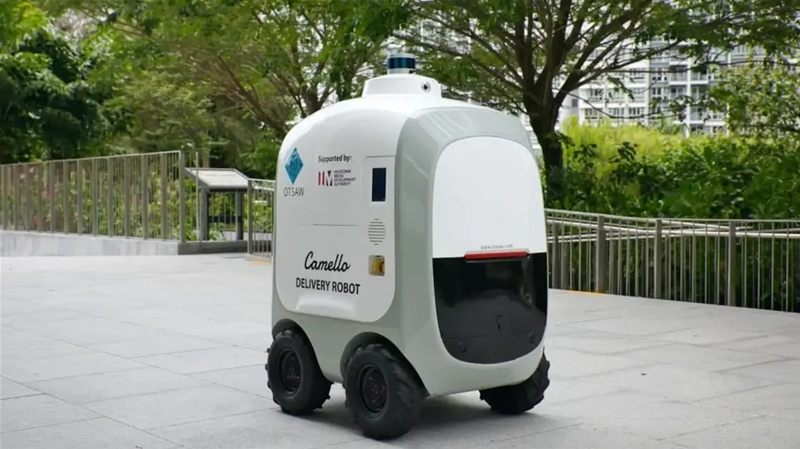The Infocomm Media Development Authority (IMDA) has partnered with Mandai Wildlife Group (MWG) to work on projects in three key areas - autonomous mobile robots (AMRs), sustainability and immersive experience – to develop solutions for the country’s wildlife parks.
It will establish MWG’s parks as a "living lab for innovation".
Under the Memorandum of Intent (MOI), both organisations will embark on a Call for Proposals for outdoor AMR deployment enabled with tele-operations and have identified several use cases.
The plan is to deploy a centralised operations platform, enabled with tele-ops, to manage and operate multiple AMRs to be deployed across park premises.
It will deliver meals to staff across park premises and Food and Beverage (F&B) delivery to visitors within the parks with purchases made through its visitor app.
To provide a seamless guest experience, IMDA and MWG will automate and streamline services, including location or path finding and ticket purchases.
Finally, the plan is to help in surveillance and address challenges faced by security and park operations personnel who patrol dimly lit and undulating terrains.
This will enhance the staff’s response time to guests’ needs and emergency incidents.
MWG’s transformation and growth deputy CEO, Belina Lee, said the group faces operational challenges beyond the capabilities of existing market solutions.
This collaboration with IMDA will address needs and pave the way for creating pioneering solutions for immersive guest experiences, operational excellence and world-class animal care, she added.
Enabling deployment of AMRs for commercial use
IMDA said current AMRs are designed for flat roads or concrete pavements and face challenges in traversing a complex outdoor environment.
The solutions developed through the Call for Proposals will enable wider industry adoption and help develop AMRs with navigational technologies that can overcome the challenge of navigating pathways and avoid obstacles, including oncoming vehicles, it added.
This will enable deployment in outdoor spaces, including parks and resorts.
AMRs reduce the need for human intervention for manual or repetitive tasks and free up resources by enabling the workforce to take on productive jobs, said IMDA.









